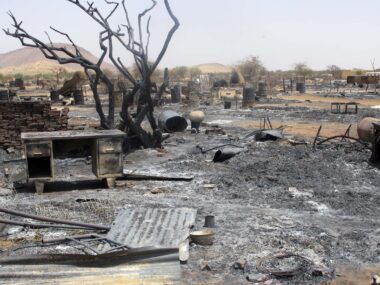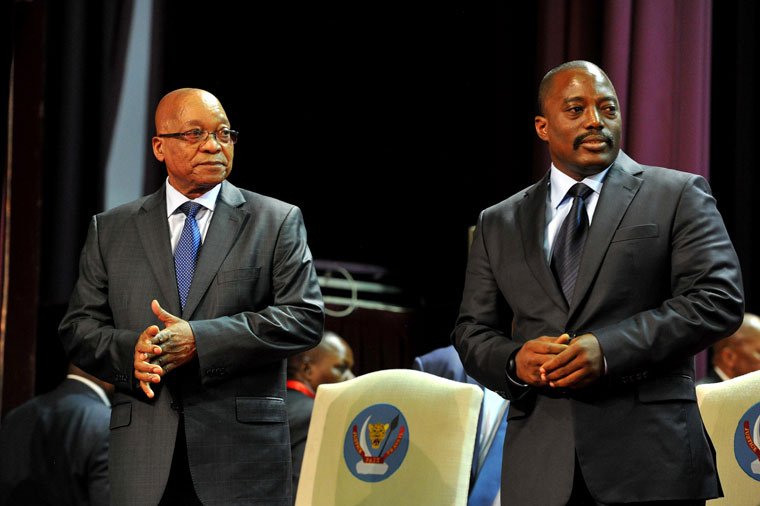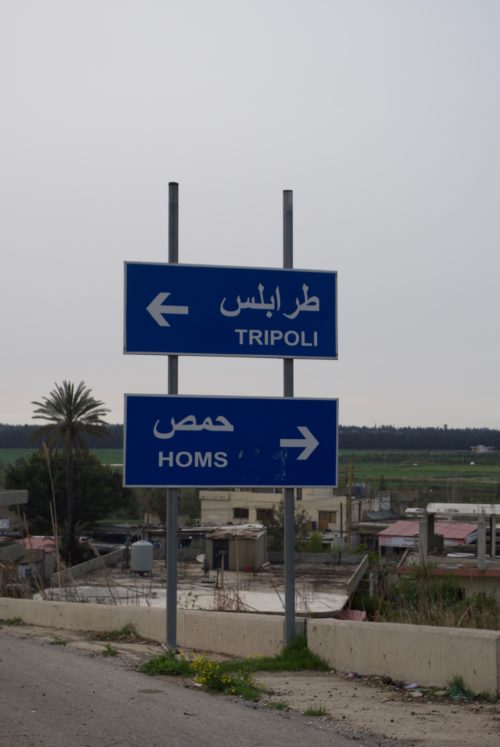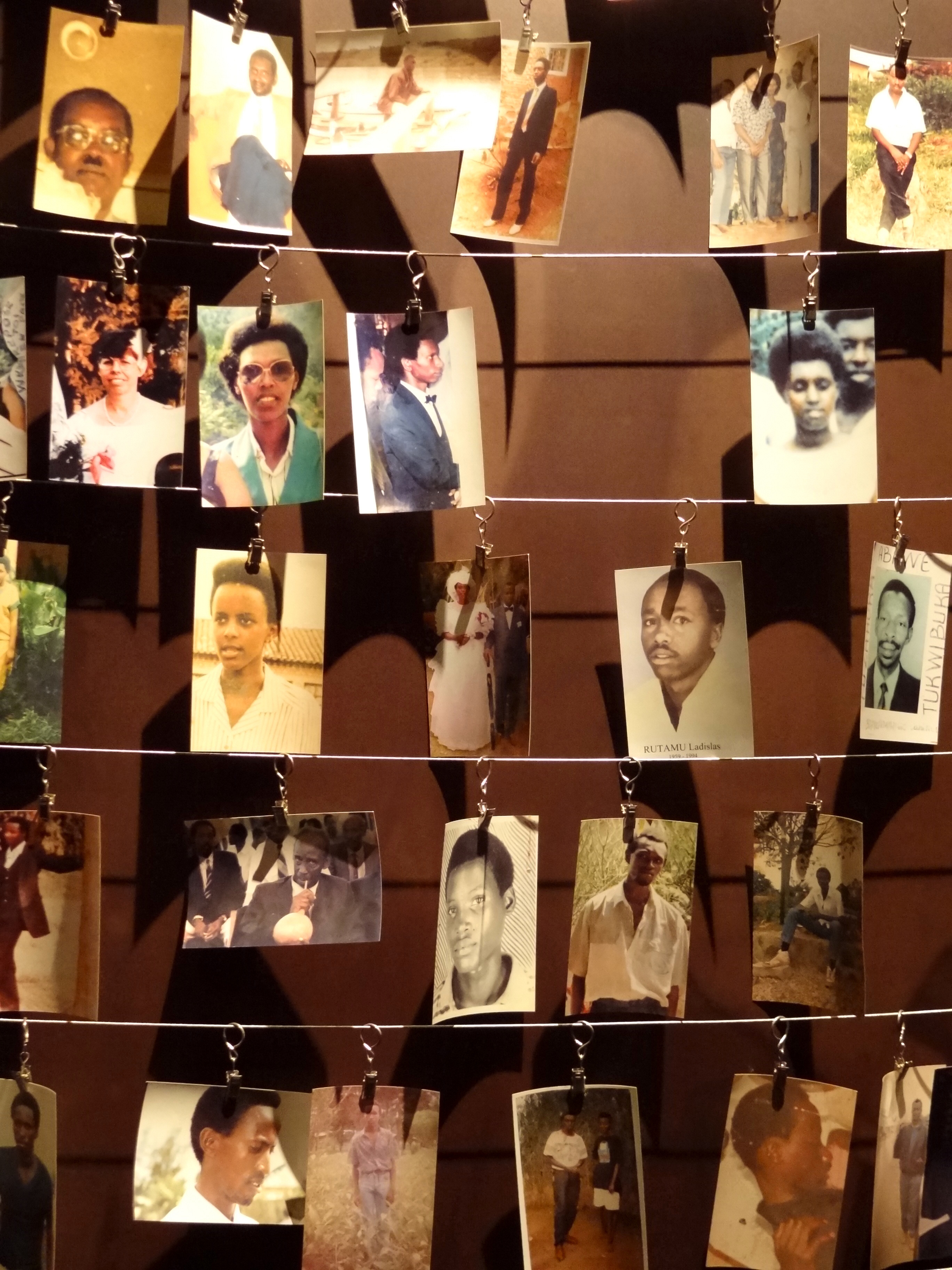Guest post by Christopher Faulkner.
Last week marked the 19th anniversary of the Optional Protocol to the Convention on the Rights of the Child on the Involvement of Children in Armed Conflict (OPAC). And while progress has certainly been made since the Convention on the Rights of the Child was first introduced in 1989, there is still a long way to go. Recent reports from Sudan show why.
Though children remain actively involved in conflicts across the globe in places ranging from Myanmar to the Central African Republic, a New York Times article turned heads last month when reporting on child soldiers from Darfur.
What stands out in this case is that these former child soldiers were not fighting a civil war in their home country; rather, they were contracted by the Saudi Arabian government to travel some 1,200 miles away to fight Houthi rebels in Yemen’s brutal civil conflict. With payments ranging from $480 to $530 a month (with combat bonuses upwards of $250 for months in which recruits saw combat)—and a one-time payment of $10,000 after six months—former Sudanese combatants viewed this as a lucrative opportunity in a country where GDP per capita has ranged from $1,500 USD in 2010 to a high of nearly $2,900 in 2017.
The outsourcing of war and conflict related activities is certainly not new, but has most often been associated with the contracting of private military and security firms such as Executive Outcomes (now defunct), Academi (formerly Blackwater), and countless others. This is also not the first time that former child soldiers have been contracted by external actors—British private contractors employed former child fighters from Sierra Leone in Iraq, reportedly paying them as little as $16 a day—far cheaper than their Western counterparts.
However, Saudi Arabia’s use of former child soldiers from Darfur, some as young as 14, stands in stark contrast. Many of these recruits were still under the age of 18 when recently deployed to Yemen. In other words, they were still children as defined under OPAC, a treaty which Saudi Arabia ratified in June 2011. This raises a series of normative and ethical questions about the outsourcing of conflict and the consequences for vulnerable populations as well as the viability of international human rights conventions.
While the consequences of child soldiering remain in need of further exploration, studies to date have identified a laundry list of challenges facing former fighters. These include a lack of community acceptance in the post-conflict environment, a significant decrease in earnings and educational attainment/opportunities, and long-term mental health consequences such as PTSD and depression. Scholars have even shown that conflicts which involve child soldiers are more likely to recur given the severe psychological consequences and limited skill sets these children are left with when conflict ends.
For Sudan, the drawdown of the United Nations–African Union Hybrid Operation in Darfur (UNAMID), due to end in 2020, raises concerns about the prospects for peace moving forward. The return of child soldiers from Yemen, coupled with the end of UNAMID, could not only exacerbate instability in Darfur, but also amplify the issues facing children who have seen their entire childhood stolen by conflict. While OPAC has been instrumental in establishing foundational protections for children, rhetoric cannot supplant action. For the children of Darfur and Yemen, there is a clear need for more than mere words from the international community.
Christopher Faulkner is a Security Studies PhD Candidate at the University of Central Florida and 2018-2019 Minerva-USIP Peace and Security Scholar. His research focuses on civilian victimization in conflict, with a particular interest in child soldiering. His work has been published or is forthcoming in the journals African Security, Civil Wars, Democratization, and Third World Quarterly.







